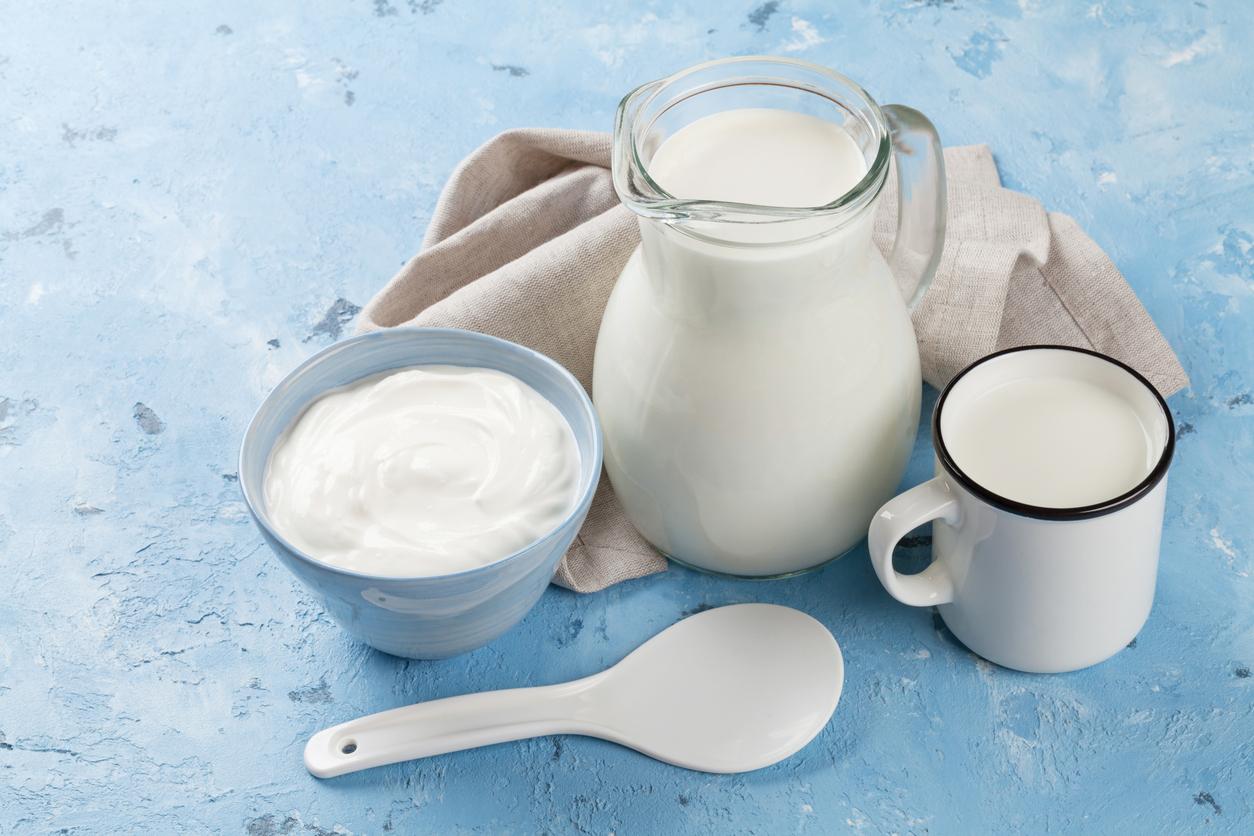
April 30, 2008 – The relationship between weight control and calcium intake tends to be confirmed based on recent research findings from experts in the field. Several recently participated in a conference in Montreal on milk and weight stability. The event was organized by the kinesiology division of Université Laval, in collaboration with the Professional Order of Dietitians of Quebec.
“For nearly 25 years, we have been interested in the potential relationship between daily calcium intake and body mass index. Currently, we are in the process of confirming laboratory demonstrations through clinical trials, ”explains Angelo Tremblay, professor of kinesiology at Laval University and one of the organizers of the event. “The trend between low calcium intake and the risk of being overweight is growing,” he adds.
According to his clinical observations, the participants’ weight and body fat loss, who had to restrict their calorie intake, was higher in those who took calcium supplements. And the results were even more marked in subjects who increased their calcium intake while drinking milk.
The effect of supplementation on weight loss would be felt especially in those who, at the base, do not consume enough calcium (600 mg or less per day). People with sufficient calcium intake would not benefit from the additional intake.
A satiating effect
These results could be explained, among other things, by the effect of calcium and milk proteins on satiety. “In recent studies, we observed a significant decrease in fat intake from food in people who received a calcium and vitamin D supplement,” says Angelo Tremblay.
Harvey Anderson, professor at the University of Toronto and specialist in the question of satiety, agrees. “Dairy proteins, especially whey, reduce food intake in the short term. So this is a good strategy for snacking, for example. They increase satiation and activate the appetite regulation system, ”he explains. In addition, they help control blood glucose and blood pressure. These proteins would also have an anti-inflammatory effect, he adds.
 Experts also have another hypothesis to explain the effect of calcium on weight stability. According to Michael Zemel, professor of nutrition and medicine at the University of Tennessee, when the body is deficient in calcium, the defenses it deploys to fill this gap would increase the risk of obesity. “When the diet does not contain enough calcium, the body reacts by secreting hormones to try to retain as much as possible. We noticed that one of them, calcitriol1, caused other reactions in the body. It acts, among other things, on adipose cells by giving the order to activate the production of fat from sugar and to slow down the process of fat consumption by the body. “
Experts also have another hypothesis to explain the effect of calcium on weight stability. According to Michael Zemel, professor of nutrition and medicine at the University of Tennessee, when the body is deficient in calcium, the defenses it deploys to fill this gap would increase the risk of obesity. “When the diet does not contain enough calcium, the body reacts by secreting hormones to try to retain as much as possible. We noticed that one of them, calcitriol1, caused other reactions in the body. It acts, among other things, on adipose cells by giving the order to activate the production of fat from sugar and to slow down the process of fat consumption by the body. “
And, still in a situation of calcium shortage, calcitriol would increase the lifespan of fat cells which are not only bigger, but also more numerous, because they stay longer in the body. “This is worrying since obesity increases oxidative stress and inflammatory stress, which are associated with several diseases, including cancer,” explains Michael Zemel.
A question of portions
Should we increase our consumption of dairy products to have a healthy weight? “Let us say rather that there is a minimum to be reached and that beyond a certain threshold, there are no additional benefits. In addition, it must be remembered that obesity is a multifactorial problem. Several elements have the potential to play the scales in favor of weight gain, ”says Angelo Tremblay.
One thing is certain, we know that the majority of the Canadian population does not consume the number of servings recommended by the Canada’s Food Guide. According to the latest Canadian Community Health Survey, for all age groups except children 2 to 8 years of age, consumption of milk and alternatives was below Food Guide recommendations.
Milk, but also yogurts, soy drinks (as long as they are fortified with calcium and vitamin D), low-fat cheeses and, occasionally, fatty cheeses are all good sources of calcium. “But we realize that calcium does not explain everything, that it only accounts for a little less than half of the beneficial effects. However, the other components remain to be discovered, ”says Michael Zemel.
According to the researcher, we must avoid having a reductionist approach to food. “Milk is not just calcium; like orange juice, it is not just vitamin C. For example, we know that the amino acids and peptides in milk also have something to do with the observed effects. Thus, we cannot claim that calcium supplements can play the same role as dairy products ”, nuance Michael Zemel.
Respond to this news on our Blog.
Claudia Morissette – HealthPassport.net
1. Active form of vitamin D, transformed by the liver and kidney into an active metabolite.
















